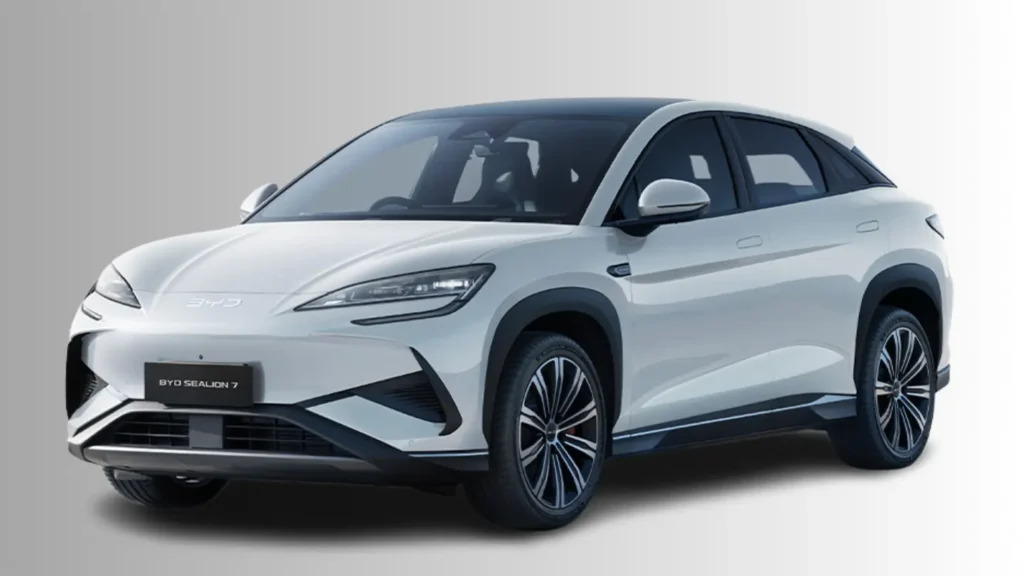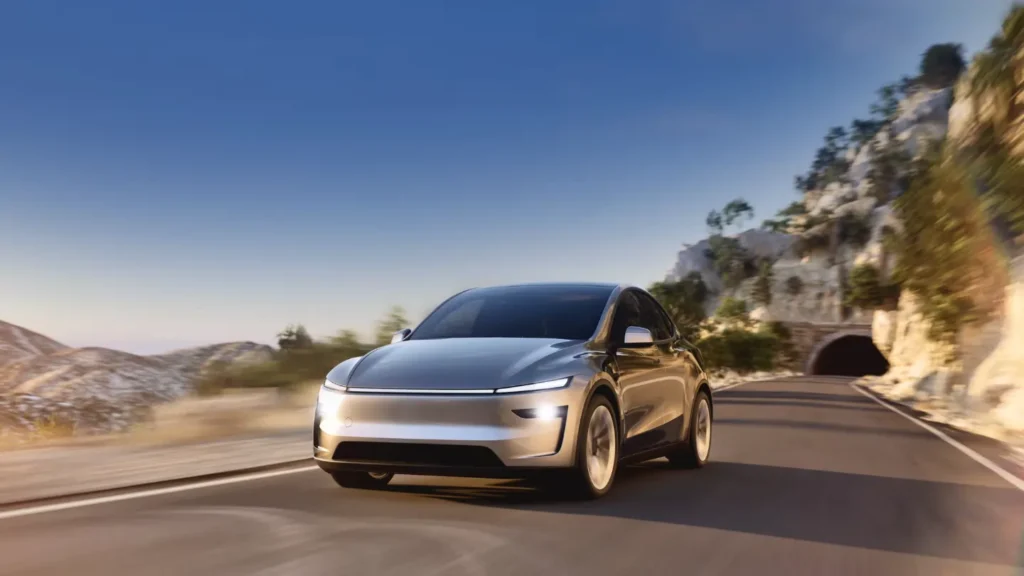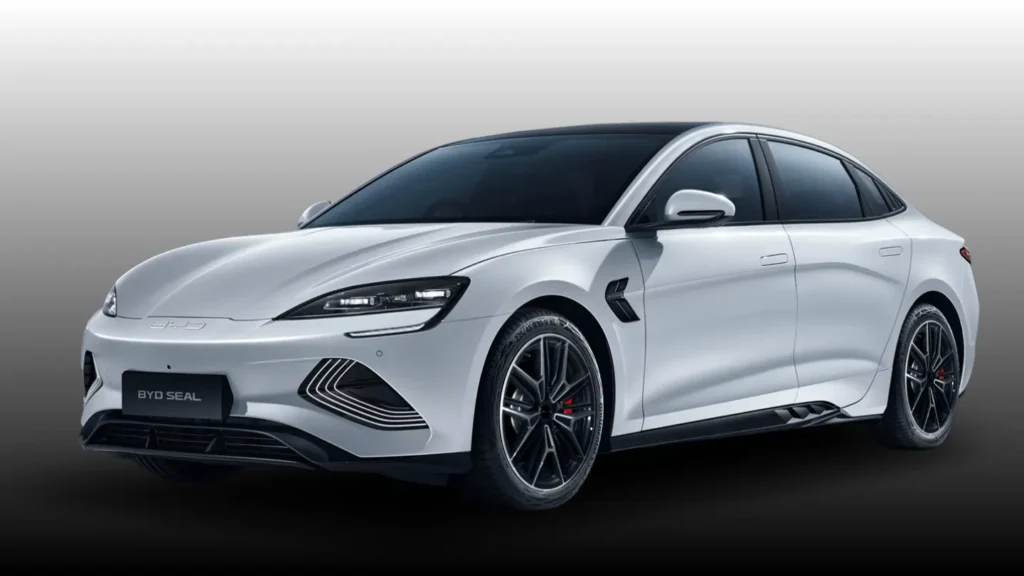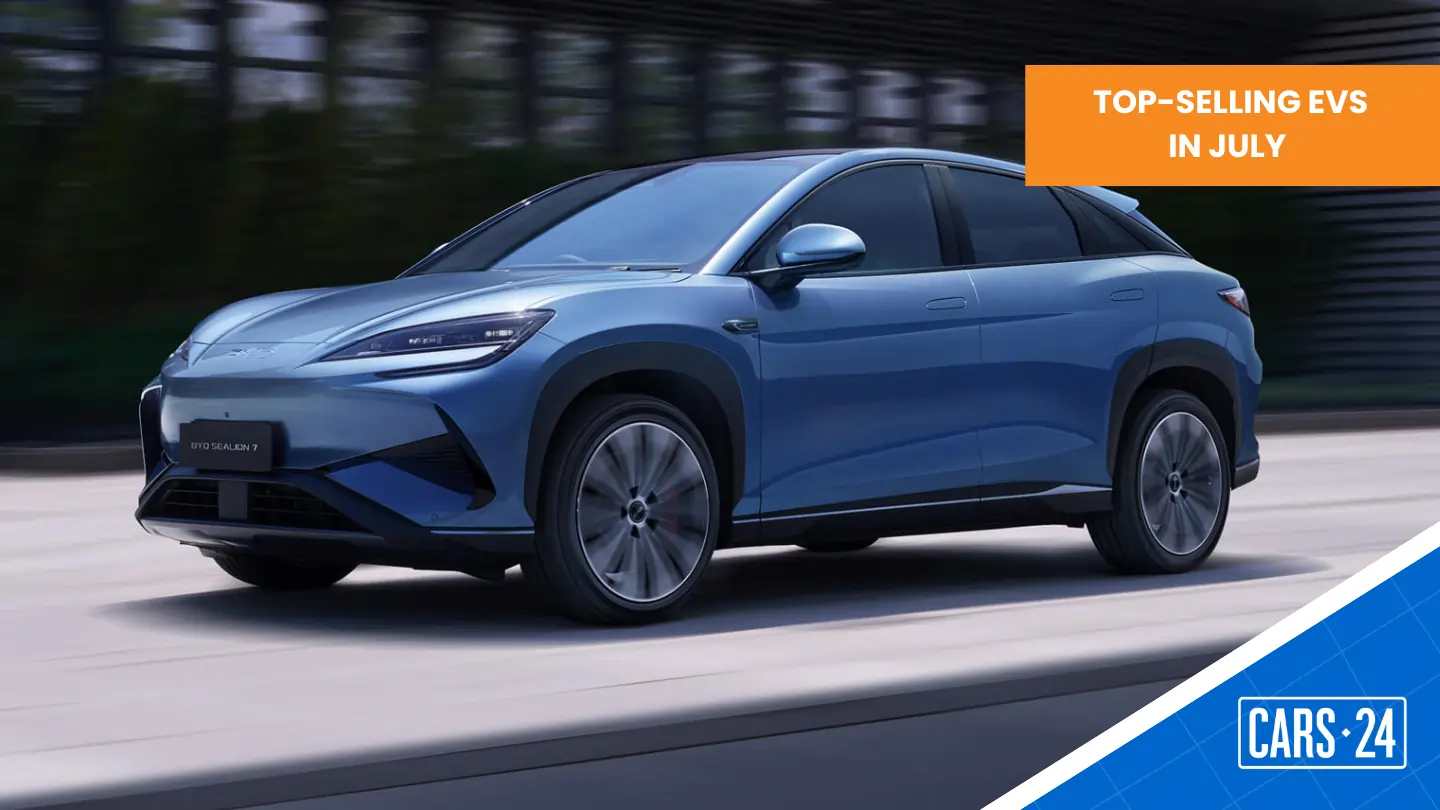Electric vehicle (EV) sales in Australia declined in July, accounting for just 6.9% of the total market, according to new data released by the Federal Chamber of Automotive Industries (FCAI) and the Electric Vehicle Council (EVC). This marks a sharp decline from June’s record 10.3% share, driven primarily by a dramatic drop in Tesla deliveries.
A total of 7,129 battery electric vehicles were sold in July out of 104,244 new vehicles, down from 10,815 EVs in June. The downturn follows Tesla’s significant decline in numbers, with the Model Y accounting for only 555 units, a steep drop from the 7,000+ deliveries across May and June.

BYD overtakes Tesla
China’s BYD has capitalised on the dip, with its new Sealion 7 SUV leading the EV charts for July. The Sealion 7 logged 1,427 sales, nearly three times the volume of the Model Y. It was followed by the Geely EX5 (490), Kia EV5 (462), and the Tesla Model 3 (362).

Top 10 best-selling EVs in July 2025
| Rank | Model | Units sold |
| 1 | BYD Sealion 7 | 1,427 |
| 2 | Tesla Model Y | 555 |
| 3 | Geely EX5 | 490 |
| 4 | Kia EV5 | 462 |
| 5 | Tesla Model 3 | 362 |
| 6 | BYD Atto 3 | 276 |
| 7 | BYD Dolphin | 275 |
| 8 | BYD Seal | 273 |
| 9 | Kia EV3 | 251 |
| 10 | MG IM6 | 35 |
EV brands like Hyundai and MG also posted modest numbers, while newer entries such as the Kia EV3 and Geely EX5 continued to gain traction.
Plug-in hybrids see mixed results
While plug-in hybrid electric vehicles (PHEVs) have been hailed as a key transition technology, their sales in July dipped to 4,031, down from 6,220 in June, although still a significant increase from 2,219 in July 2024.
FCAI CEO Tony Weber reiterated support for PHEVs, citing their suitability for regional buyers and those without reliable charging access.
“With more than 50 models available in 2025, plug-in hybrids have emerged as an important transition technology for many Australians,” Mr Weber said. “They offer the ability to drive short distances on electric power while retaining the flexibility and range of a conventional engine.”
Market outlook

The EV market’s weaker July performance, particularly Tesla’s 41% year-on-year decline, comes even as more models and price cuts are introduced. However, the industry expects renewed momentum in the coming months, with several brands, including Tesla, already rolling out new incentives to stimulate demand.
Despite EVs taking a step back, overall vehicle sales hit a record for July, with 103,097 new vehicles sold, reflecting strong buyer confidence amid falling interest rates. SUVs and utes continue to dominate, with passenger car sales plunging 27% year-to-date.

Comments
New Comment